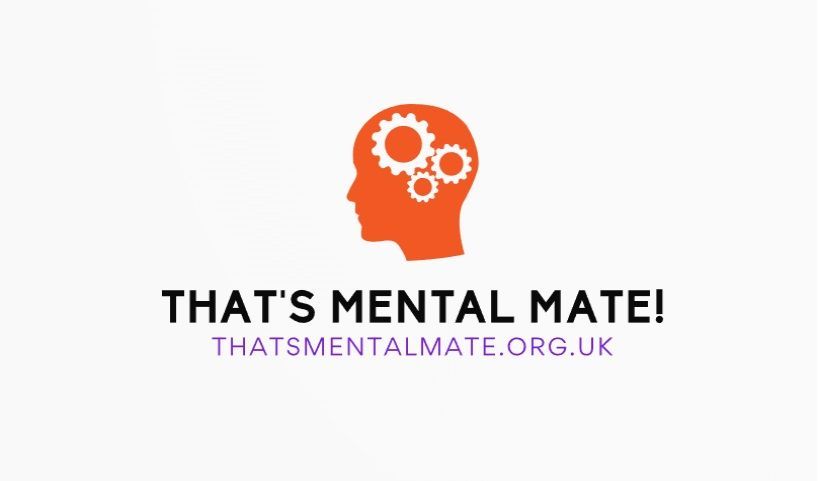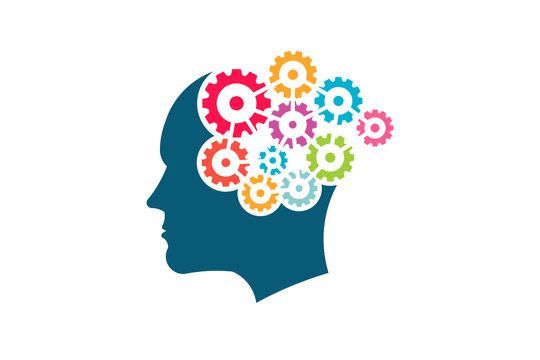Share Page
Bipolar Disorder
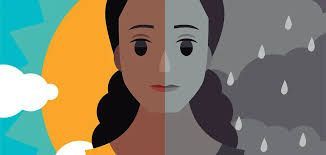
What is bipolar disorder?
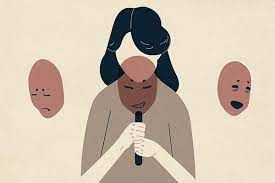
"Bipolar disorder is a mental health condition that affects your moods, which can swing from 1 extreme to another. It used to be known as manic depression.
You may initially be diagnosed with clinical depression before you have a manic episode, after which you may be diagnosed with bipolar disorder.
During an episode of depression, you may have overwhelming feelings of worthlessness, which can potentially lead to thoughts of suicide."
Taken from www.nhs.uk
What are the symptoms of bipolar disorder?
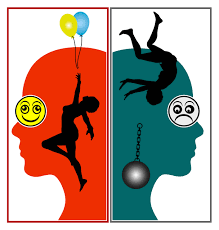
"During a manic phase of bipolar disorder, you may:
- Feel very happy.
- Have lots of energy, ambitious plans and ideas.
- Spend large amounts of money on things you cannot afford and would not normally want.
It's also common to:
- Not feel like eating or sleeping
talk quickly.
- Become annoyed easily.
- You may feel very creative and view the manic phase of bipolar as a positive experience.
But you may also experience symptoms of psychosis, where you see or hear things that are not there or become convinced of things that are not true."
Taken from www.nhs.uk
What are the treatments for bipolar disorder?
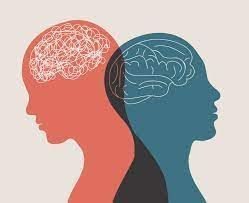
"The high and low phases of bipolar disorder are often so extreme that they interfere with everyday life.
But there are several options for treating bipolar disorder that can make a difference.
They aim to control the effects of an episode and help someone with bipolar disorder live life as normally as possible.
The following treatment options are available:
- Medicine to prevent episodes of mania and depression – these are known as mood stabilisers, and you take them every day on a long-term basis.
- Medicine to treat the main symptoms of depression and mania when they happen.
- Learning to recognise the triggers and signs of an episode of depression or mania.
- Psychological treatment – such as talking therapy, which can help you deal with depression, and provides advice about how to improve your relationships.
- Lifestyle advice – such as doing regular exercise, planning activities you enjoy that give you a sense of achievement, as well as advice on improving your diet and getting more sleep.
It's thought using a combination of different treatment methods is the best way to control bipolar disorder.
Help and advice for people with a long-term condition or their carers is also available from charities, support groups and associations.
This includes self-help and learning to deal with the practical aspects of a long-term condition."
Taken from www.nhs.uk
Support
Bipolar UK
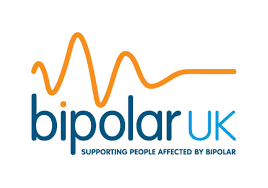
Bipolar UK is the only national charity dedicated to empowering individuals and families affected by bipolar. Peer support is at the core of our work. We empower approximately 1,000 people a month to stay well - and we have the ambition to reach thousands more.
Links for NHS treatment
If you live in England and are aged 18 or over, you can access NHS talking therapies services for anxiety and depression.
A GP can refer you, or you can refer yourself directly without a referral.
NHS talking therapies services offer:
- talking therapies, such as cognitive behavioural therapy (CBT), counselling, other therapies, and guided self-help
- help for common mental health problems, like anxiety and depression
The problems that talking therapies services can treat include:
- depression
- generalized anxiety
- social anxiety
- panic and agoraphobia
- other phobias
- obsessive-compulsive disorder (OCD)
- post-traumatic stress disorder (PTSD)
- irritable bowel syndrome (IBS)
- body dysmorphic disorder
You need to be registered with a GP to get talking therapies on the NHS.
To self-refer for Talking Therapies click here.
